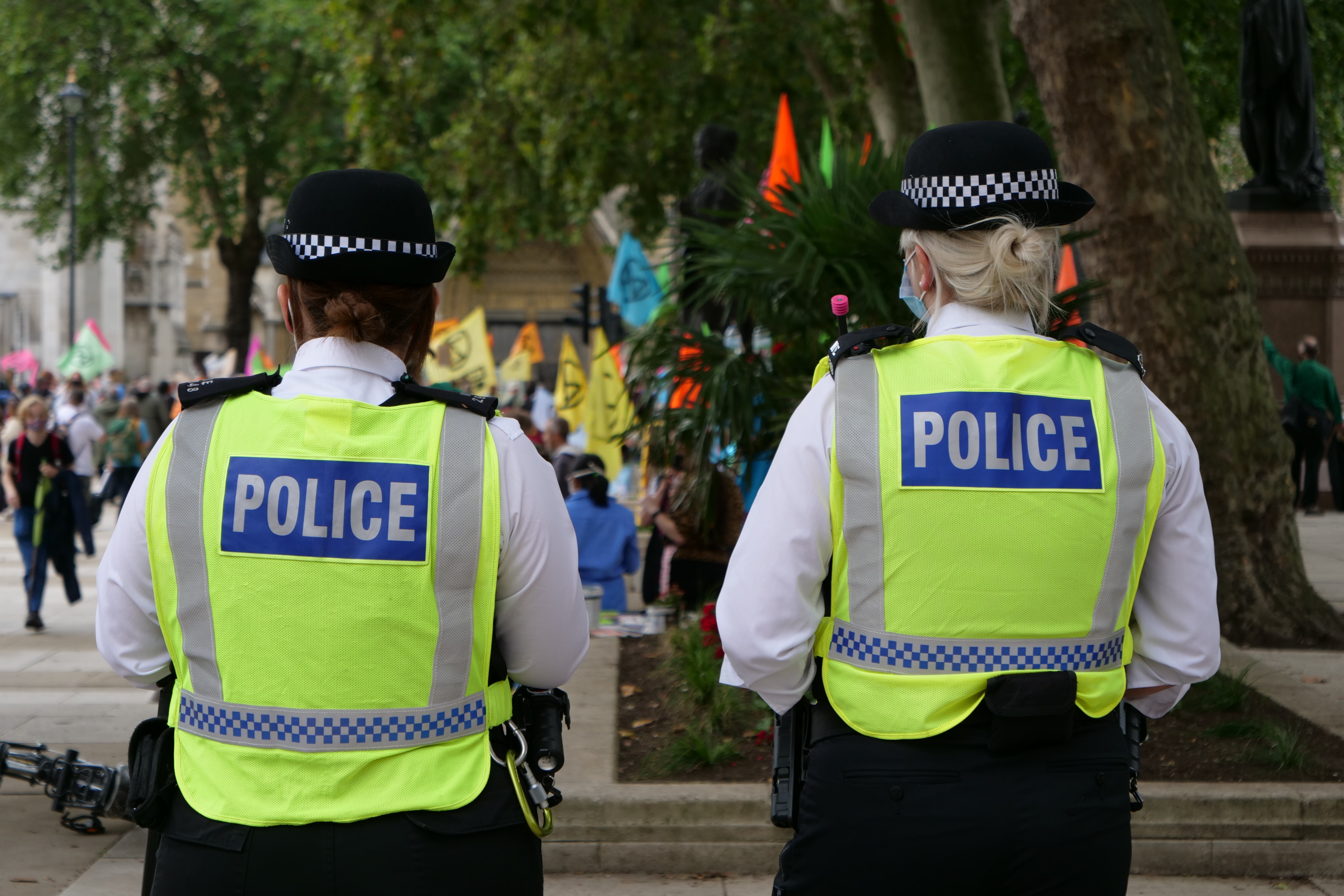Crime, especially street crime, has figured strongly in exchanges between the Mayoral candidates in the run-up to London’s May elections. But elections have unfortunate effects, prompting candidates to make claims and promises that are unrealistic – in ways that Dave Hill has nicely explained[1]. As Home Secretaries have found down the years, and local Police and Crime Commissioners (PCCs) have discovered more recently, the levers they get to pull are not really the most important ones affecting the level of crime. Despite this, during elections they claim responsibility or are accused of being responsible for things which, at best, they only influence tangentially. That is true for the Mayor in London too, though they have wider remits than other PCCs. Unfortunately, it remains the case that such election campaigns are typified by candidates’ frantic burnishing of their reputations on crime and security and untenable scare stories about what will happen to personal safety if their opponents get in. As ever, we feel the heat more than we see the light.
What we need to focus on, and get greater recognition of, is where the Mayor can actually have an impact. Crucially, this is in setting the tone of the conversation on crime – conveying both to Londoners and to the Metropolitan Police clear and firm views about the general approach to be taken toward security and safety in London. One of the most significant things a Mayor can do where policing is concerned – and all Mayors have attempted this in some way – is to define the role of the Metropolitan Police, to set expectations for how they will act and what might be expected of them. This is tricky ground, potentially leading to considerable push back from the police. Sadly, however, too often politicians run scared of the police and of what they perceive as the potential negative electoral consequences of disputes with the service. For Sadiq Khan one would imagine that such fears should be less of a constraint in a second term. If so, then what one would wish to see is the expression of clear political views about two things: what the Mayor values about policing and wants to see from the MPS;, and what they don’t like, what they expect the police to avoid, and what they will call them out for when occasion arises. That’s the tone I’d like to see from a Mayor. The further political complication for the London Mayor is that it is not just the Met they are dealing with but the Home Office too. This means managing their relationship with the Home Secretary. The current incumbent has strong views about certain aspects of policing, some of which one would imagine might sit uneasily with Mayor Khan. Given the increasing prominence of the Treasury, No. 10, and the Cabinet Office where policing policy is concerned, the landscape facing any Mayor is a complex one.
In terms of the claims and counter-claims about crime levels, the reality is that the general situation in London is broadly positive. Certainly, some of the more outlandish claims about rising crime are hard to sustain, and in London’s stats are relatively favourable when compared with many other metropolitan areas. That is not to say, of course, that there aren’t major problems and challenges, many of which are explicitly acknowledged. There is the ongoing problem – scandal possibly – relating to how we deal with serious sexual violence. And knife crime, and youth violence and victimization – though sometimes exaggerated for political gain – remain a very real challenge. But here, as is indicated by the public health approach that has been embraced by the Mayor’s Office in recent times, we see the reality that the major levers that must be pulled are those that link to social inequality, school exclusion, community facilities as much, and likely much more, than policing. Nevertheless, there is potential here to rethink how a major city responds to issues of crime and insecurity. If a ‘public health’ approach can be adopted in relation to violent crime – and of course we wait with great interest to see how this plays out – then perhaps such a broad-based, multi-agency, non-police-centric stance can be applied more widely?
A more recent development, and one that is going to have serious consequences, is the gradual implosion of the criminal justice system. In time, this must have a major effect on the image of the police. As the gate keeper to the system, public perceptions of police effectiveness are likely to be undermined by courts that are at a standstill. Albeit that they are unable to do a great deal about this, it must also be a significant concern for the Mayor’s Office.
Despite the prominence of the issue in the Mayoral campaign, where policing is concerned the issue for Londoners should not be about police numbers. They are treated as if they were the signal indicator of police effectiveness. The reality is that how those numbers are used is generally the more important issue. Anyway, numbers are now pretty much back at the level they were before ‘austerity’. I take two things from this. First, the candidates should move on and should consider how best money can be spent and, if the answer is ‘not on more police’, then have the nerve to say so. Second, focus on quality and approach. The main question is what we are going to do with all the officers we currently have? How we are going to organize the Metropolitan Police? In the minds of some, the Met hasn’t been fit for purpose for a long time. Might it be the moment for a Mayor to think radically about reorganization? Might ‘neighbourhood policing’ – or some synonym – be due for something of a rebirth?
[1] Dave Hill, ‘London Mayor Election 2021: What’s really been happening with policing and crime?’, On London, 29th March 2021





